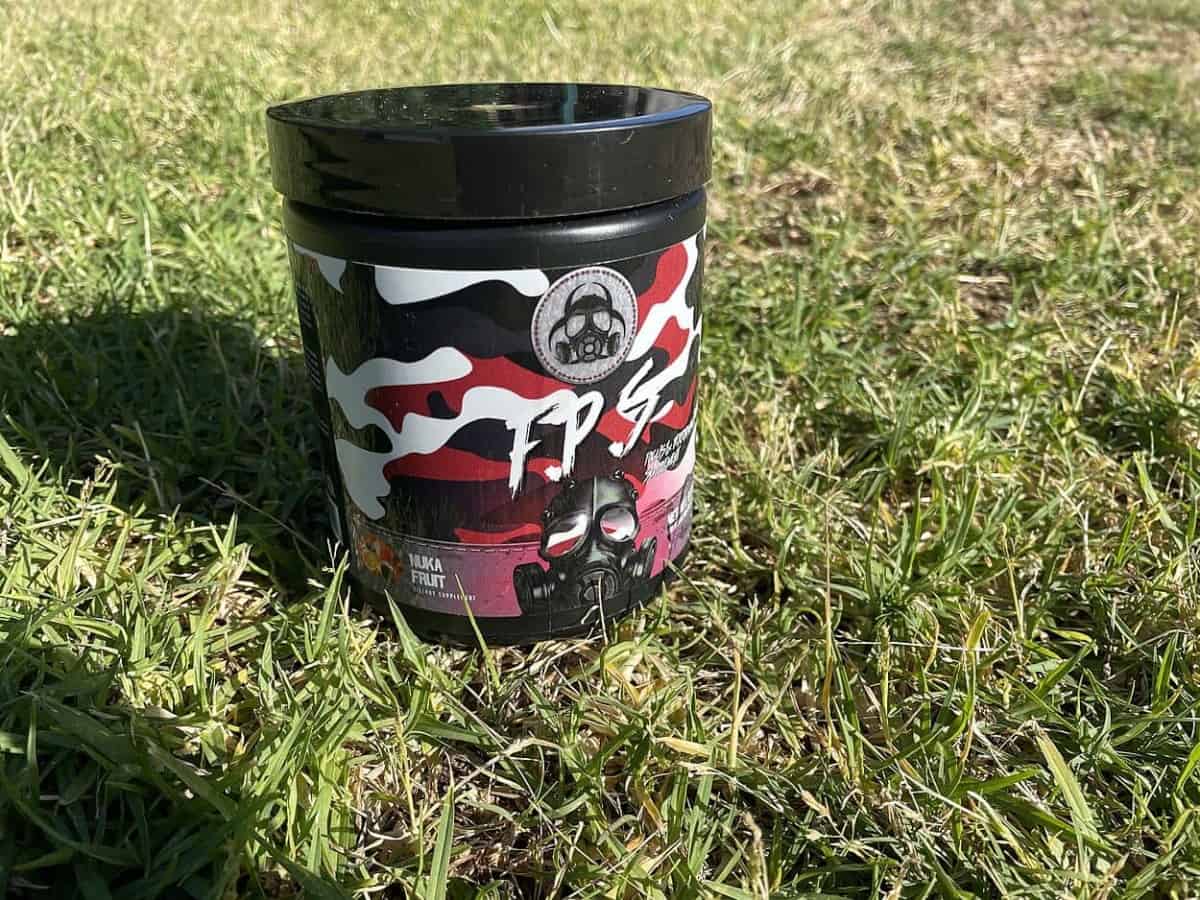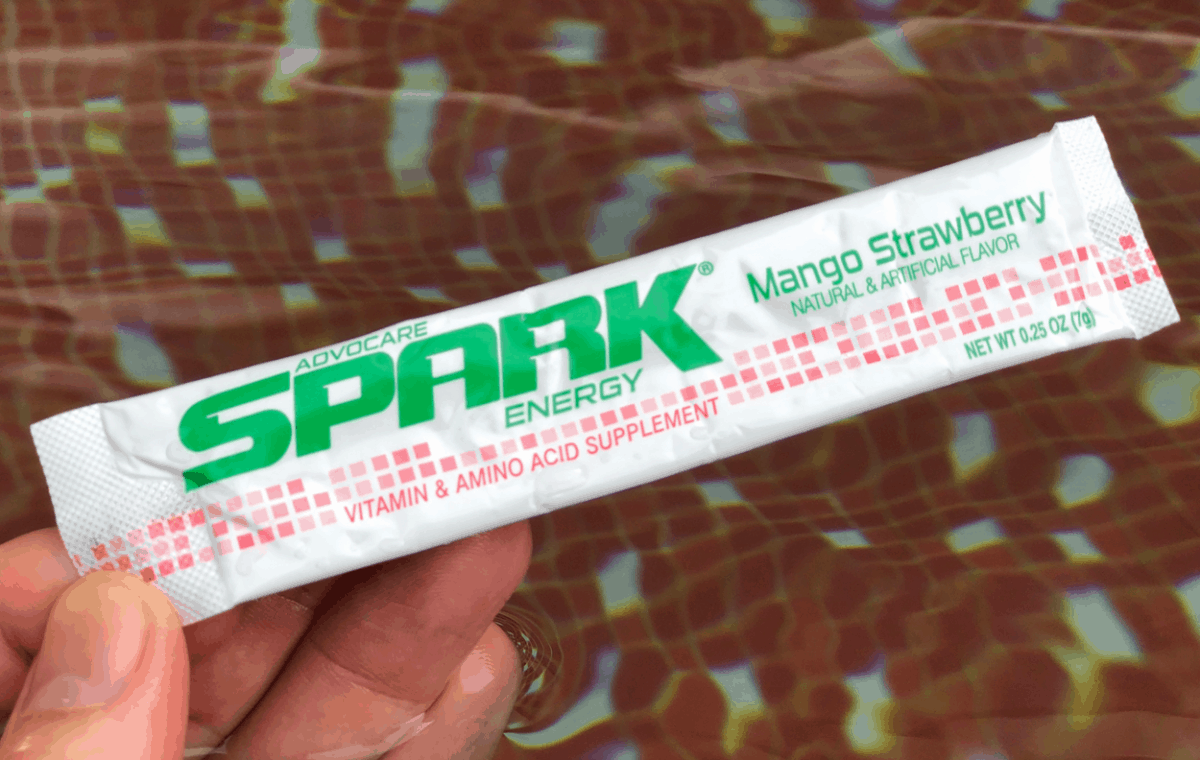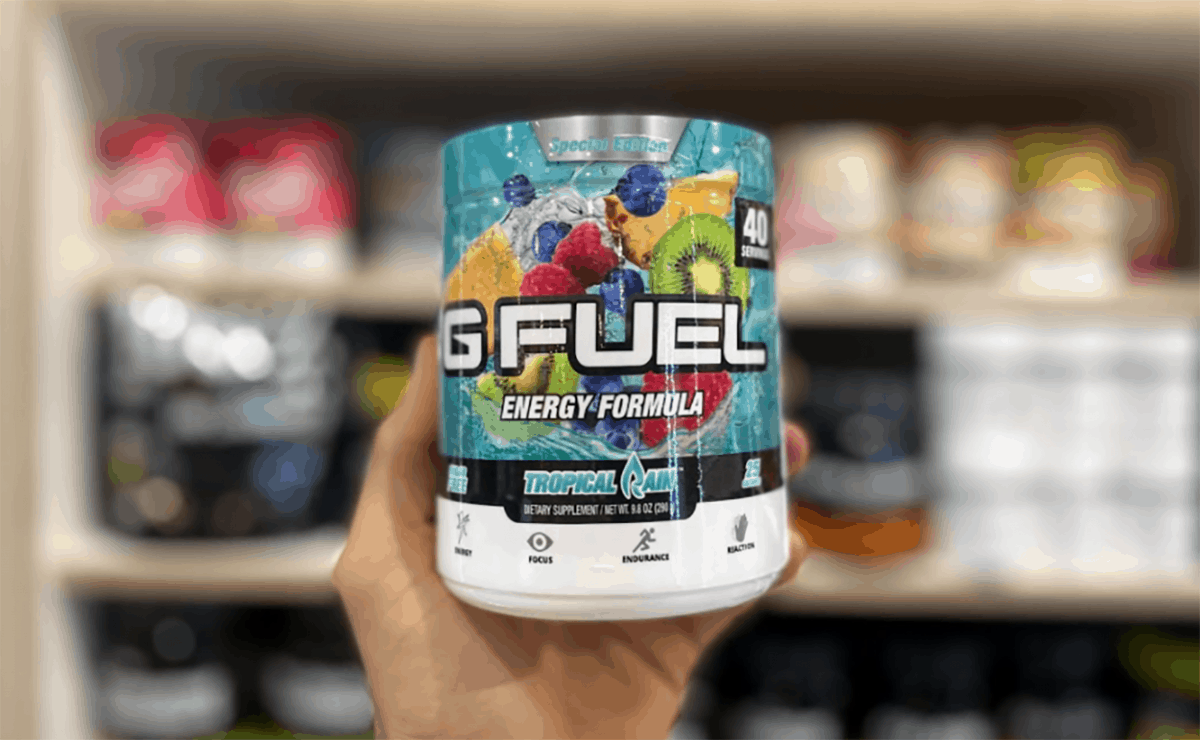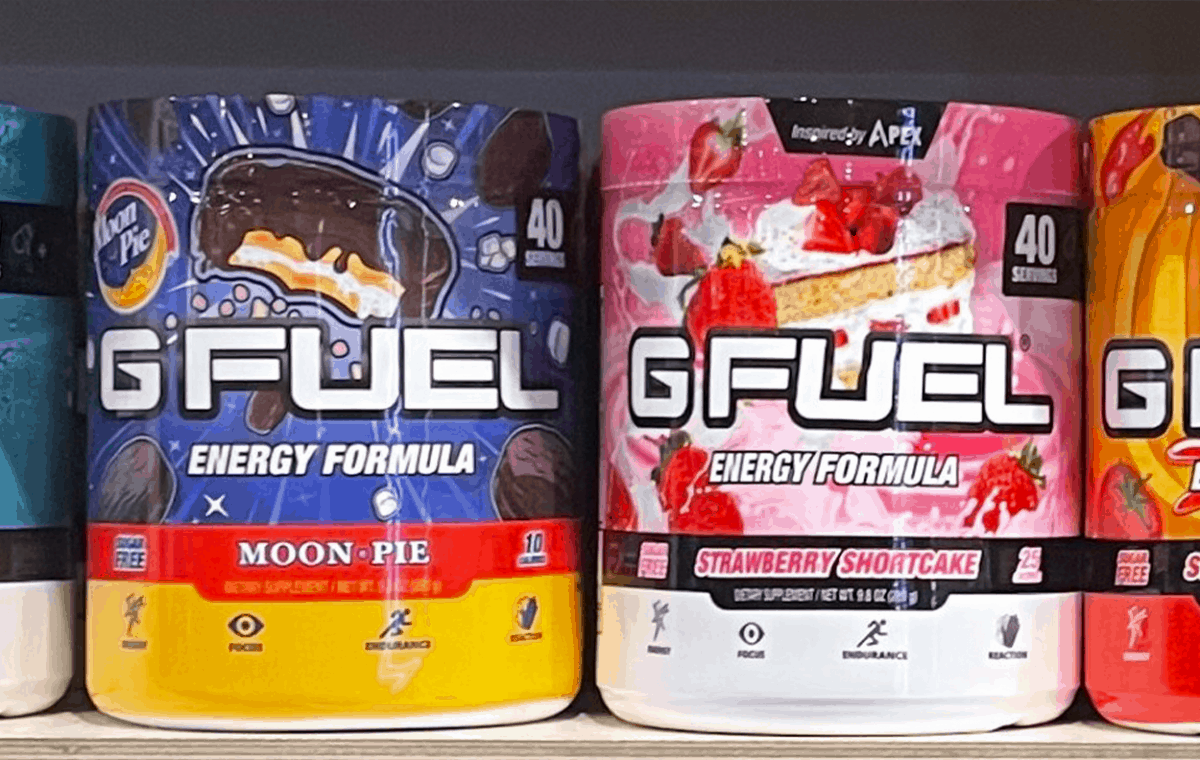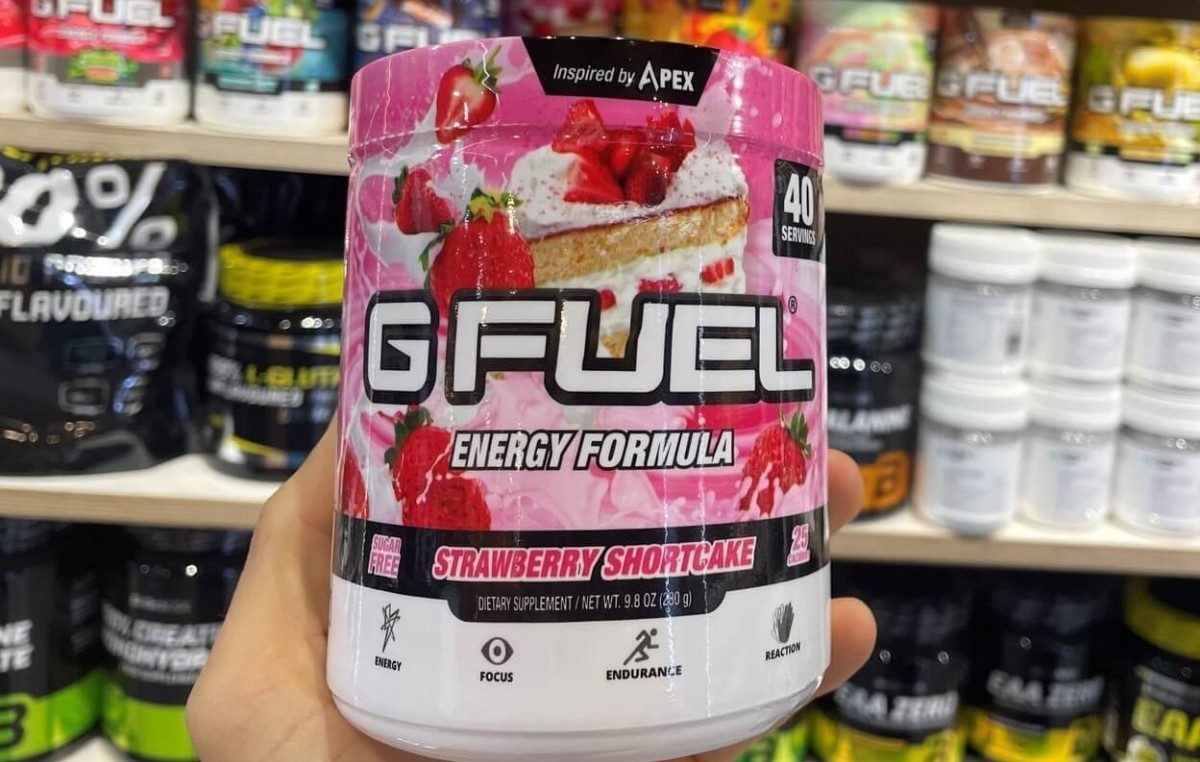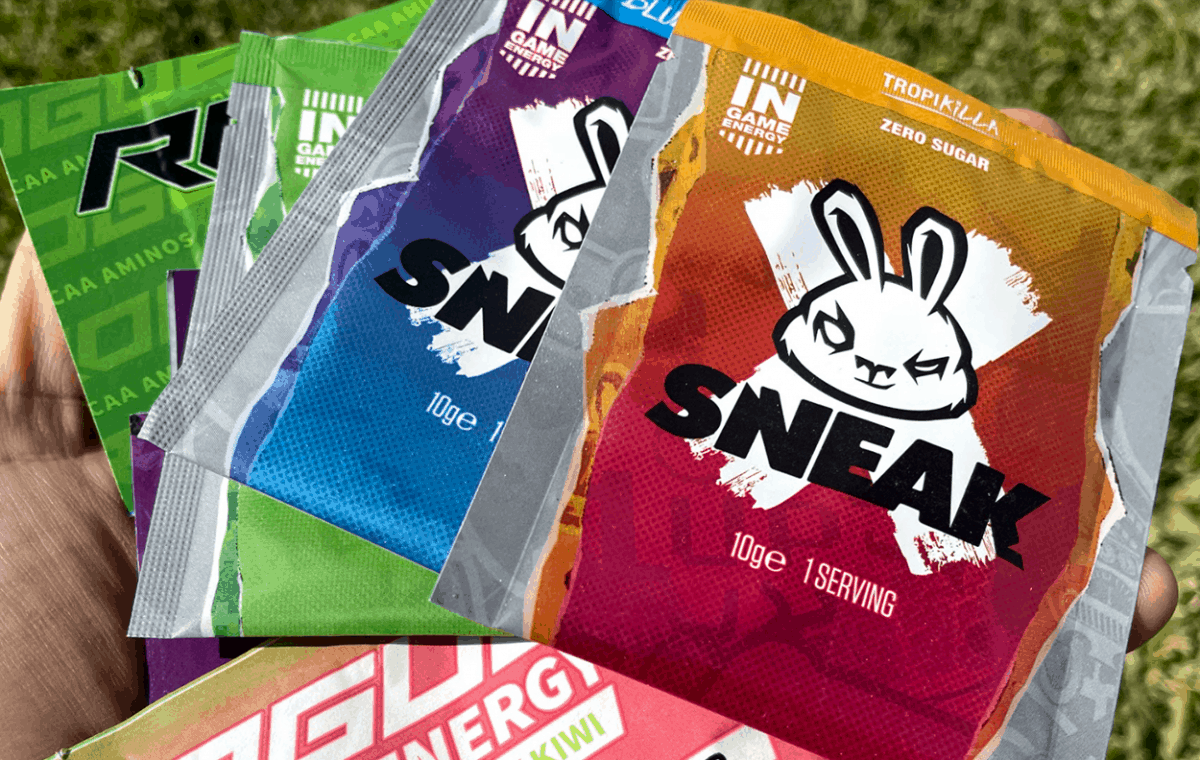
Are Powdered Energy Drinks Approved By The FDA? (Facts)
With the continuous rise of the energy drink industry, these energy-boosting formulas are considered the most popular dietary supplement consumed by young adults between the ages of 18 and 34. However, given the ceaseless buzz with these energy supplements, it won’t be long till the product exposure increase in the market, thus attracting new and potential consumers.
With that being said, more consumers will be curious whether these powdered supplements are approved by federal agencies responsible for protecting the public’s health, given this, are powdered energy drinks approved by the Food and Drug Administration?
Powdered energy drinks are not approved by the FDA per se, as this agency has no authority to regulate or approve products that do not fall under the category of food, drugs, biologics, medical devices, tobacco products, cosmetics, and or veterinary products. Instead, FDA regulates ingredients used in energy drinks.
Now, there’s a lot of information to discuss here to support this statement, so without further ado, let’s begin.
Contents
What is the FDA?
The Food and Drug Administration or commonly known as the FDA is a federal agency that was formed in the year 1906.
The FDA has wide regulatory power over biologics such as vaccines, medical devices, tobacco products, cosmetics, and some veterinary items, but don’t forget that it also regulates food and medications.
While most of you might assume that the FDA is responsible for testing products, the agency is not actually involved in the testing process.
Instead, they are involved in the after-process testing, which they will be the ones approving the tests. This is done by reviewing submitted evidence that supports why the said product should be approved.

Apart from having the authority to regulate or approve different types of products, they also have the authority and responsibility to improve innovations that make medical products more useful, safe, and priced correctly.
But, let’s get to the specific here, what products can be approved by the FDA.
What products can be approved by the FDA?
The FDA can approve food, drugs, biologics, medical devices, tobacco products, cosmetics, and some veterinary products.
However, do note that the FDA does not have the authority to regulate or approve certain meat, poultry and egg products, as these products can only be regulated by the Department of Agriculture.
For reference, the table provided below states the specific types of products that can be approved or regulated by the FDA, the exact information found in the table can be seen on the FDA’s official website.
| Regulated Product | Description |
| Human Food | These include all food products, supplements, and also additives |
| Human Drugs | These include prescriptions and over-the-counter medications that are mostly in tablet or capsule forms. |
| Biologics, vaccines, and blood | Human blood, blood donor screening tests, and more are examples of biological items used in blood banking operations. |
| Medical Devices | Bandages, contact lenses, first-aid kits, pacemakers, and surgical equipment are examples of medical devices. |
| Radiation-emitting Electronic Products | X-ray machines, microwave ovens, CD-ROMs, LEDs, and laser pointers are examples of radiation-emitting devices. |
| Cosmetics | Examples of cosmetic products are make-up, hair products, face products, and other beauty products. |
| Animal and Veterinary | Included in this product are animal foods such as dog food, and medicines and tools that are used by veterinarians. |
| Tobacco Products | These products include cigarettes, e-cigarettes, cigars, and other products that have tobacco in them. |
But, what about the products that cannot or have not received approval from the FDA?
Let’s find out now.
What are non-FDA approved products?
Non-FDA-approved product is a term used to describe products that have not received approval or tentative approval from the FDA.
For reference, the FDA classifies non-FDA approved products as products or drugs that may cause significant risks to consumers, as they have not been reviewed by FDA for safety, effectiveness or quality.
Note that without a proper review and approval from the FDA, there is no way to verify if these drugs or products are safe and effective for their intended use.
Speaking of, are powdered energy drinks classified as non-FDA-approved products?
To make this quick, yes, powdered energy drinks are actually classified as non-FDA approved products, as they are not included in the list of products that can be regulated by the FDA.
Before we dive in any further, let’s first define what powdered energy drinks are.
What are powdered energy drinks?
Powdered energy drinks are just like the typical canned energy drinks, however, in the form of powder.
Energy drinks are energy-boosting formulas that are known to have the ability to increase your energy, enhance your mental performance, and some may even have fat-burning effects.

Now, it’s been an observation of mine that most individuals get confused with sports beverages and energy drinks because people might think that both beverage has the same effects, benefits, or even side effects.
Well, it’s time to put an end to this common misconception.
To better understand what I’m talking about, take a look at the table below to see the differences between sports drinks from energy drinks.
| Type of Drink | Common Ingredients | Purpose | Who can drink it? |
| Sports Drink | Carbohydrates, minerals, electrolytes, and sometimes also contain vitamins and nutrients. | Used by athletes to restore their energy | Children to adult |
| Energy Drink | Caffeine, guarana, sugar protein, vitamins, sodium, and minerals | Used by people who needs an extra boost of energy | Adults only |
The one major difference between sports drinks and energy drinks is that sports drinks do not contain caffeine, while energy drinks do.
This is why sports drinks can be consumed by children because they do not have caffeine. But note that even though children can drink sports drinks, they still contain significant amounts of sugar that can lead to tooth decay and obesity.
Some common sports drinks that almost everyone knows of are Gatorade, Powerade, and Vitamin Water.
To get a better understanding of what are energy drinks, then watch this video.
Now, let’s see if powdered energy drinks can be regulated by the FDA.
Can powdered energy drinks be approved by the FDA?
Unfortunately, powdered energy drinks cannot be approved or regulated by the FDA.
As previously mentioned, energy drinks are considered dietary supplements and cannot be approved by the FDA, as these supplements are not included in the list of products that can be regulated or approved by the FDA.
However, the ingredients used in making these energy supplements should and can be regulated or approved by the FDA which we’ll be getting to right now, let’s start with the main component used in energy drinks, caffeine.
Is caffeine an FDA approved drug?
Caffeine is a drug that’s been approved by the FDA since the 1980s.
Caffeine is a drug that’s been known to be the main component in most energy-boosting beverages, including energy drinks.
As stated by the FDA, it only recommends consuming a caffeine limit of 400 mg per day for adults.

For reference, caffeine is considered the most abused psychoactive drug in the whole world, given how easy this drug is to access, not to mention the fact that it’s a socially accepted drug despite having the ability to affect and instantly alter your mental state, as it can trigger the same parts of the brain as an illegal drug known as cocaine.
Caffeine is commonly used as a main or major ingredient in most energy drinks because of its energy boosting properties.
To have a better idea of how much caffeine is used on some of the powdered energy drinks, see this table below.
| Powdered Energy Drink Brand | Caffeine Amount |
| Celsius On-The-Go | 200 mg |
| G Fuel | 150 mg |
| Ghost Gamer | 150 mg |
| Razorwire Energy | 150 mg |
| Rogue Energy | 175 mg |
| Sneak Energy | 150 mg |
| Advocare Spark | 120 mg |
| X-Gamer | 200 mg |
| Zipfizz | 100 mg |
Now, let’s tackle whether the vitamins used in most energy drinks are approved by the FDA.
Are vitamins approved by the FDA?
Vitamins are not and cannot be approved by the FDA.
Vitamins are components that are usually found in most energy drinks, as these compounds contribute a variety of benefits that adds to an energy drink’s effectiveness, including but not limited to strengthening bones, heal diseases, and overall making your body healthier.
It should be noted that the FDA isn’t allowed to test dietary supplement items for safety and efficacy before they’re put on the market.
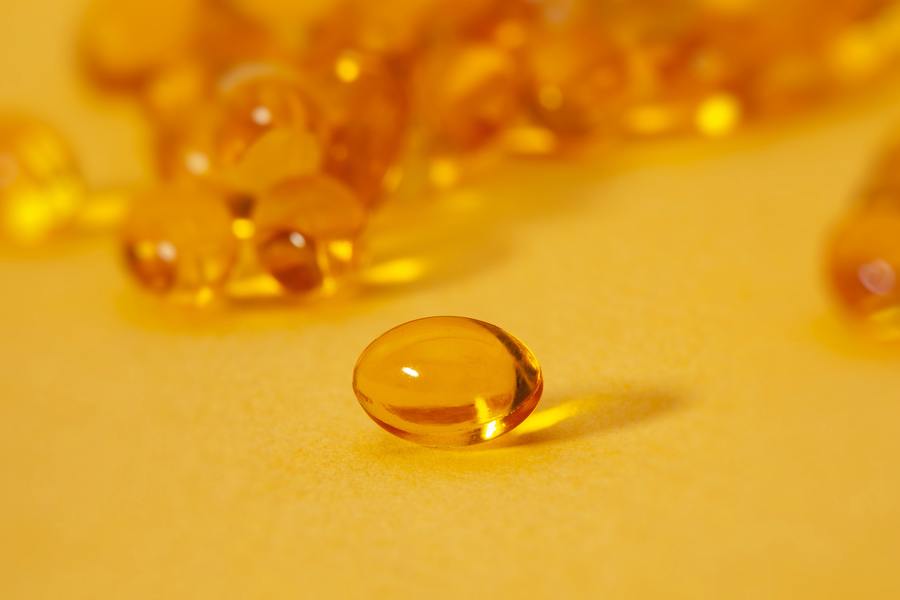
In order to make sure that products are safe to general consumption, distributors and manufacturers need to be responsible in formulating these products, with the help of FDA.
According to the FDA, dietary supplements are substances you might use to add nutrients to your diet or to lower your risk of health problems. These dietary supplements nutrients include:
- Vitamins
- Herbs
- Minerals
- Amino Acids
- Enzymes
Most of the time, these dietary supplements are marketed in forms such as liquids, capsules, tablets, and more.
Next, let’s discuss the artificial sweeteners used in most energy drinks.
Are artificial sweeteners approved by the FDA?
Artificial sweeteners used in most energy drinks are approved by the FDA.
If you’ve been in the energy drink community or have been consuming energy drinks long enough, you might’ve noticed that most energy-boosting formulas are considered sugar-free, as most typically contain less than 0.5 grams of sugar, while some even contain no traces and is completely free from sugar.
| Powdered Energy Drink Brand | Sugar Content | Is it sugar-free? |
| G Fuel | 0 g | Yes |
| Sneak Energy | 0 g | Yes |
| X-Gamer | 0 g | Yes |
| Razorwire Energy | 0.15 g | Yes |
| Advocare Spark | 0 g | Yes |
Also, based on my observation, some of the most used artificial sweeteners in energy drinks are sucralose and acesulfame potassium which by the way, are both approved by the FDA as sugar substitutes or sugar alternatives.
Artificial sweeteners are mostly a hundred times sweeter than sugar and barely contains any calories thus, making it a better alternative.
Here are some of the most common artificial sweeteners that are used in most energy drinks, and whether or not they are FDA-approved.
| Artificial Sweetener | Description | FDA-approved or not? |
| Sucralose | Sucralose contains zero calories, is six hundred times sweeter than sugar, and is stable in high temperatures. | Yes |
| Acesulfame Potassium | Acesulfame potassium is two hundred times sweeter than sugar and can be found not only in energy drinks but other food products too. | Yes |
| Saccharin | Saccharin is two hundred to seven hundred times sweeter than sugar, has no calories, and can be used with different artificial sweeteners. | Yes |
| Aspartame | Aspartame is low in calories, has no carbohydrates, and is two hundred times sweeter than sugar. | Yes |
Now, let’s find out if there are any energy drinks that have been approved by the FDA.
Are any energy drinks FDA approved?
There are no energy drinks that have been approved by the FDA.
As mentioned, energy drinks are considered as dietary supplements, and emphasized, these types of products cannot be approved or regulated by the FDA.
Now, let’s jump to the next question to continue this part of the discussion.
Does the FDA approve Red Bull?
Red Bull is not and cannot be approved by the FDA.
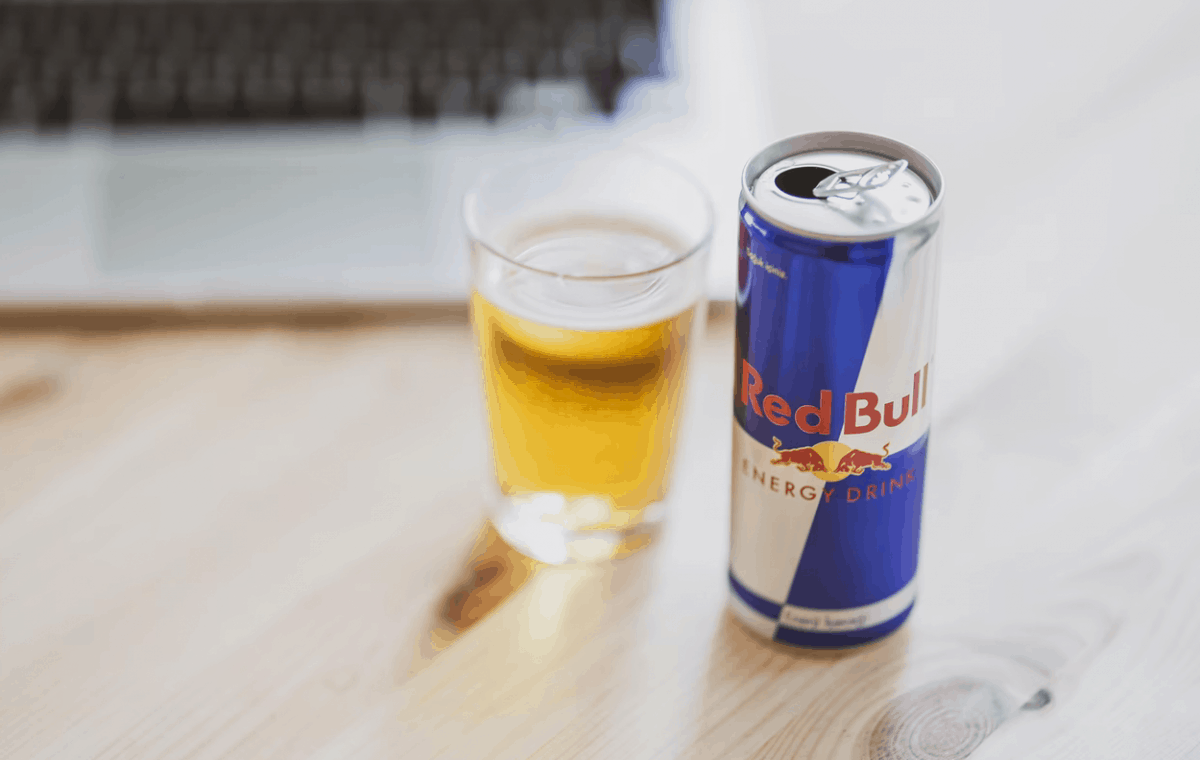
Going back to the previous question, there are no energy drinks that have been or can be approved by the FDA, given that dietary supplements are not included in the type of products that the FDA has the power to approve or regulate, therefore, Red Bull is not approved by the FDA.
Next, let’s talk about if this type of drink will be banned.
Will energy drinks be banned by the FDA?
Energy drinks will not be banned by FDA per see because it’s not within their domain but they are taking extra measures to regulate them.
As said previously, the FDA has not approved energy drink but they do take caffeine regulation seriously.
In recent years, they are improving in monitoring drinks with highly concentrated caffeine such as those in the market with having thousands of amounts of caffeine.
There have also been cases in the past that people die because of caffeine overdose and extra regulations are being testified to prevent these from happening.
What they do ban are energy drinks with mixed alcohol in them because it is very dangerous, especially to children who are not educated enough about caffeinated drinks.
As of now, as long as the energy drink brand follows the regulations of the FDA regarding caffeine content and more, then it will not be banned.
To end this article, here is a brief summary of the important details mentioned in this article.
Summary
The Food and Drug Administration does not and cannot approve or regulate the consumption of powdered energy drinks.
These energy-boosting supplements are considered dietary supplements which by the way, are not included in the list of products that can be regulated or approved by the FDA.
You might also be interested:
How Many Ghost Gamer Can You Drink Every Day?
